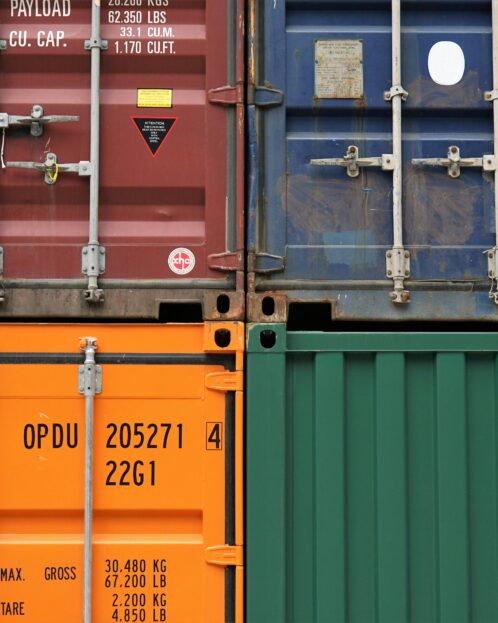2021
Melbourne
Victorian Department of Transport
Background
In May 2020, the Victorian Ports and Freight Minister advised industry of the intention of the Victorian Government to create a Voluntary Port of Melbourne Performance Model (VPPM). The VPPM comprises:
- A draft protocol governing notification processes and timing for how stevedores levy fees and charges are set, and
- A Voluntary Performance Monitoring Framework which will include the development of performance metrics to provide transparency to industry and Government on the performance of the Port of Melbourne landside container supply chain.
Initially, the Voluntary Performance Monitoring Framework will cover the landside interface at container stevedore terminals in Melbourne, including performance of container stevedores and transport operators. Subsequent stages to be developed include other parts of the container freight supply chain including empty container management, rail container freight performance, and freight transport network performance.
In recent years, the Victorian empty container supply chain has been placed under significant pressure, with rising demand for containerised freight being driven by various factors including population growth, and continued reliance on imported goods. Continued demand for imports means that by 2030-31, empty containers will be the largest export in Victoria. Planning for future empty container movements can help safeguard the future performance and efficiency of the containerised freight supply chain in Victoria.
In this context, the DoT commissioned NineSquared to conduct a review into current issues in the Victorian empty container supply chain, and sought advice on if, and how, the empty containers should be considered in development of the VPPM.
Our Role
Key tasks performed as part of this engagement included:
- Undertaking an extensive literature review to determine past, present and future trends within the containerised freight supply chain in Melbourne
- Supply chain mapping and analysis to determine the root cause of current issues within the supply chain
- Extensive consultation with industry stakeholders across the supply chain, including stevedores, transport operators, cargo owners, shipping lines and peak bodies, to identify key issues related to empty container handling.
- Development of a report which synthesises key findings from the supply chain mapping exercises and stakeholder consultation process and provides a suite of recommendations on options to expand the Voluntary Performance Monitoring Framework to include the empty container supply chain.
The key outputs from this study involved developing a suite of performance measures to enable the Department to monitor the performance and efficiency of the empty container supply chain in Victoria.
Connect with our team
Contact
 Download now
Download now




 More projects
More projects